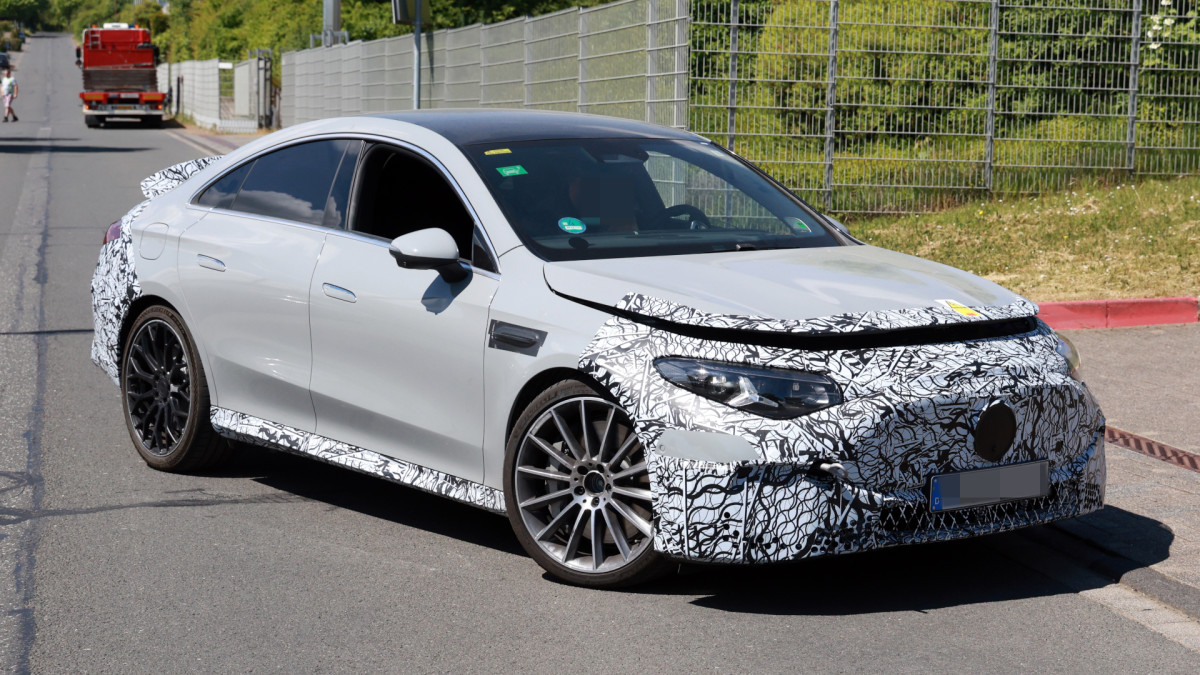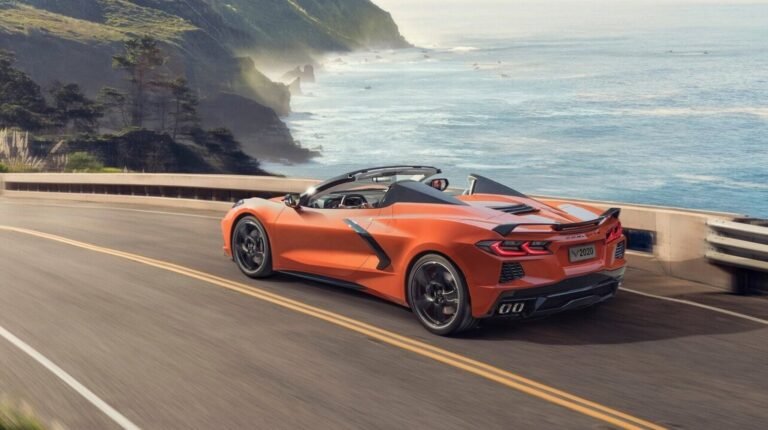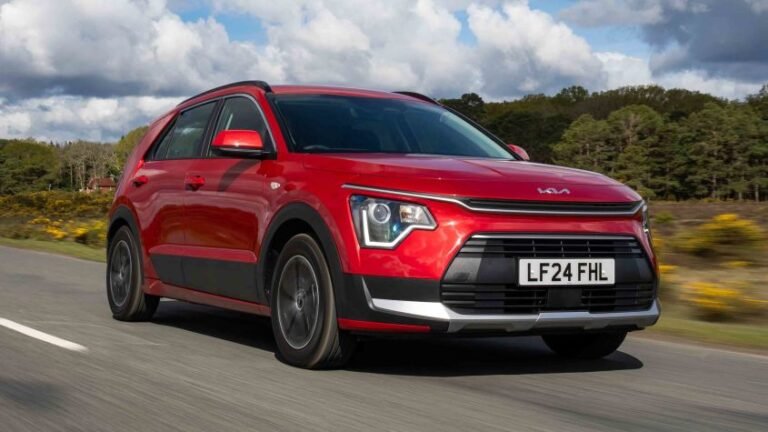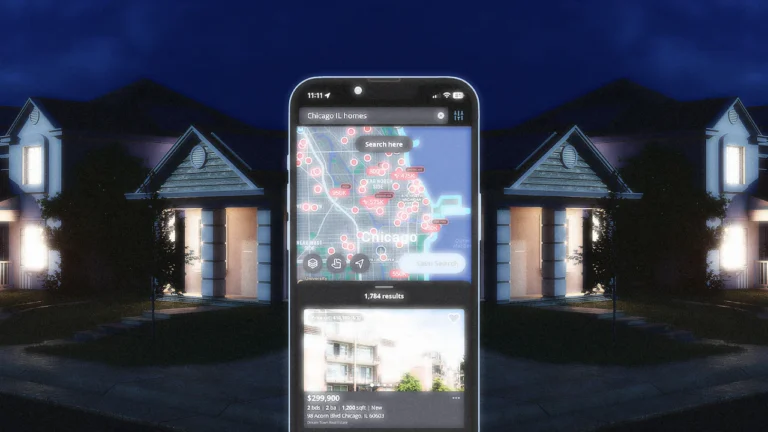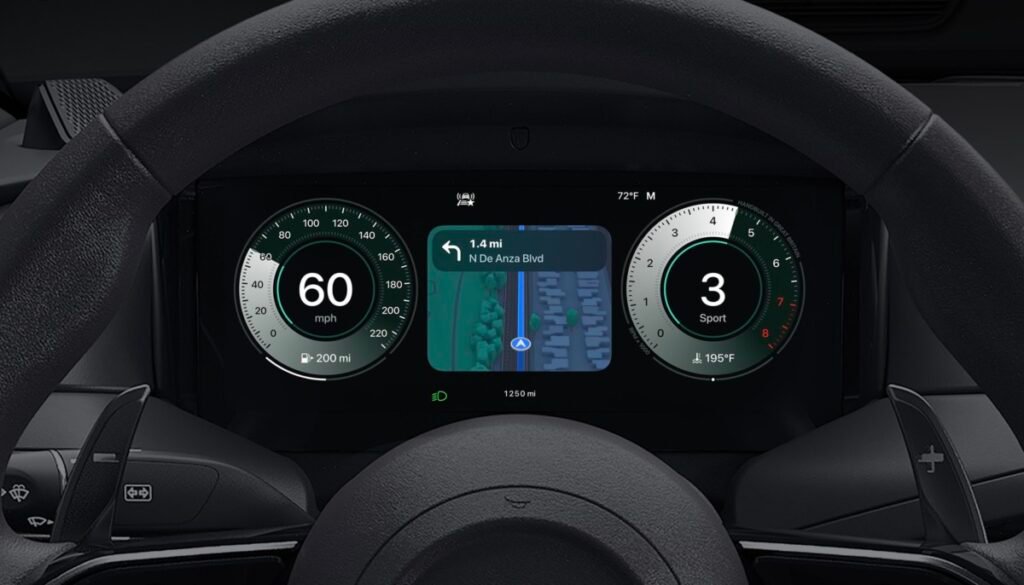
Apple may not be taking over your car’s entire dashboard just yet
Earlier this month, Apple CarPlay Ultra was revealed as the next major leap for in-car connectivity. Whereas normal CarPlay allows you to handle more basic connectivity and infotainment functions, CarPlay Ultra goes a lot deeper. It offers CarPlay functionality across all display screens, including the gauge cluster area. Although the idea seemed positive at first, a new report from the Financial Times suggests that multiple major automakers are rejecting CarPlay Ultra, with no intention of introducing the functionality in new vehicles. So, why is this happening?
Multiple Reasons Behind CarPlay Ultra Hesitancy
Apple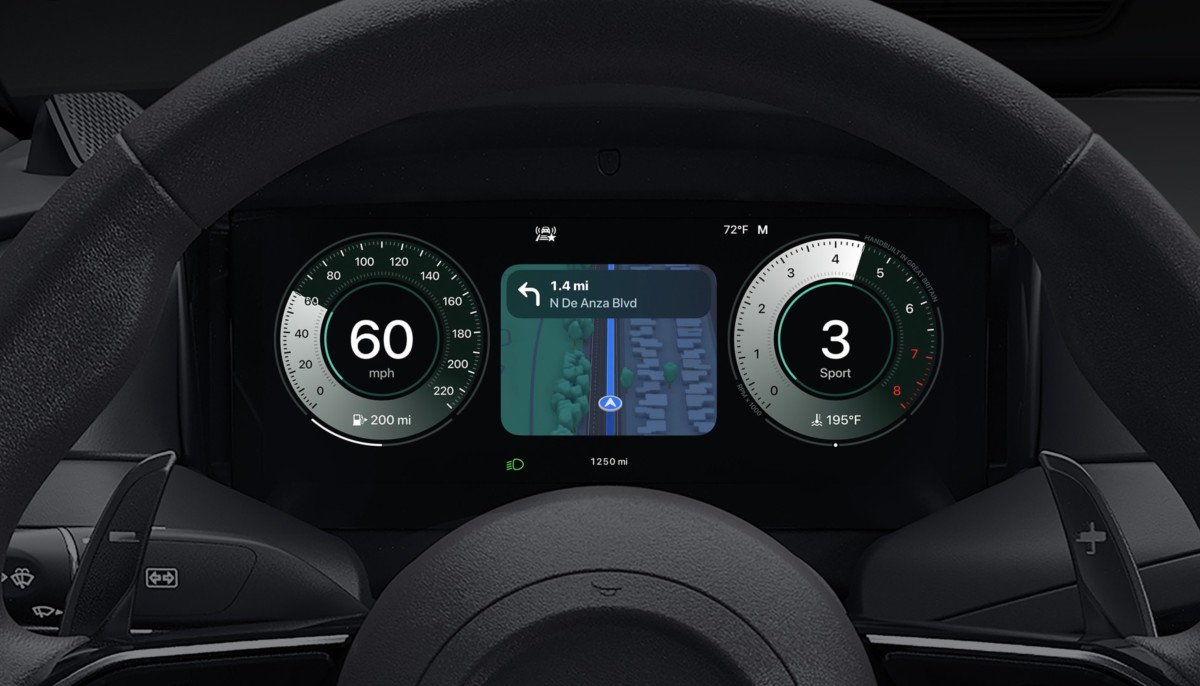
The report indicates that Audi, Mercedes-Benz, Volvo, Polestar, and Renault are among the brands that have decided against introducing CarPlay Ultra. All of these brands were part of a list of automakers Apple originally said would use the new software, back in 2022. More recently, Apple said that Genesis, Hyundai, and Kia also committed to implementing Ultra.
Automakers like Renault don’t want CarPlay Ultra in its cars as the tech allows outside companies to access more vehicle data, while replacing automakers’ own controls for features like the climate control. Beyond this apparent intrusion, automakers are also keen to exploit in-car services as a revenue source, offering customers the option of paying for new features, whether long-term or temporarily – that’s despite subscription services being widely shunned by drivers. Still, by handing more control over to CarPlay Ultra, this opportunity could be disrupted for carmakers.
Apple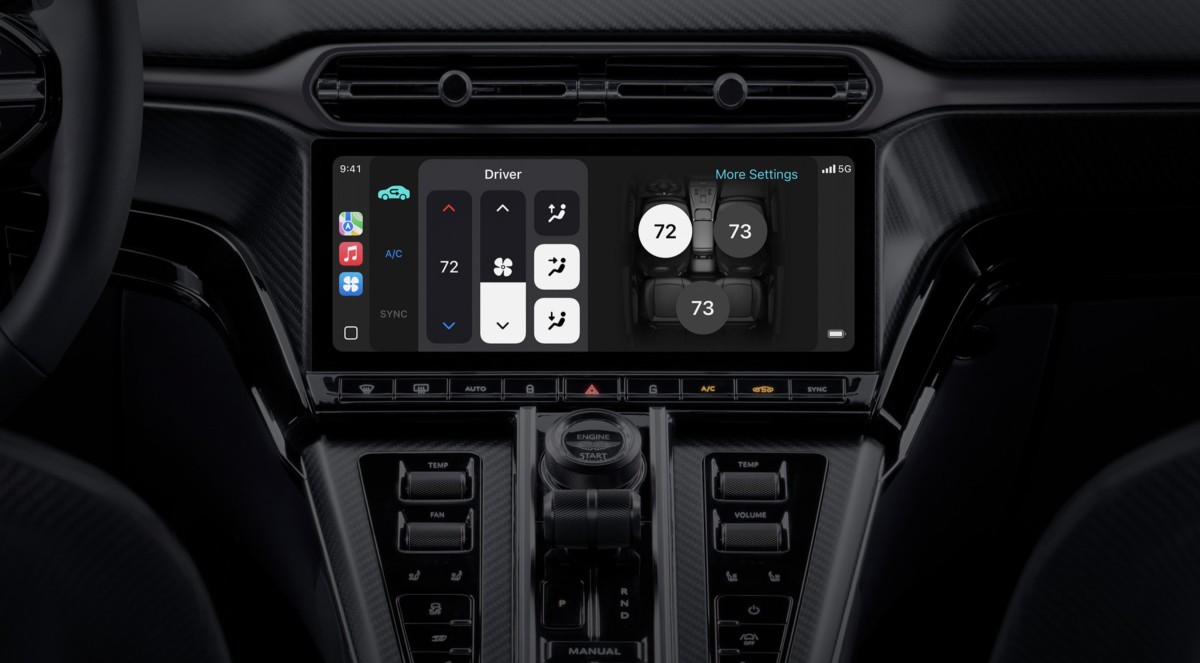
Renault seems to feel particularly strongly about not implementing CarPlay Ultra, telling Apple: “Don’t try to invade our own systems.” Automakers like Ford and Nissan have seemingly not yet made up their minds about CarPlay Ultra integration.
Normal Apple CarPlay To Stick Around

While CarPlay Ultra has initiated a heated debate, the use of traditional CarPlay will likely remain. Almost 100% of new cars sold in the USA have Apple CarPlay equipped, and the majority of drivers consider it and/or Android Auto to be essential features. Audi and BMW, for instance, have indicated their continued interest in traditional CarPlay, even if neither has committed to CarPlay Ultra.
Apple can’t be pleased about this frosty reception to what sounded like a revolutionary in-car experience, but the tech giant remains upbeat. “We’re collaborating closely with automakers to provide the best of iPhone and the best of the car and this work takes time,” said Apple to the Financial Times.
Aston Martin became the first car brand to adopt CarPlay Ultra. If other brands also jump on board and the reception is positive, the likes of Audi and Renault may again backtrack and consider the tech for their models. For now, though, Apple has a tough job on its hands to win over the approval of major automakers. For consumers who want to experience the tech, well, they may have to choose between that and their preferred car brand.
